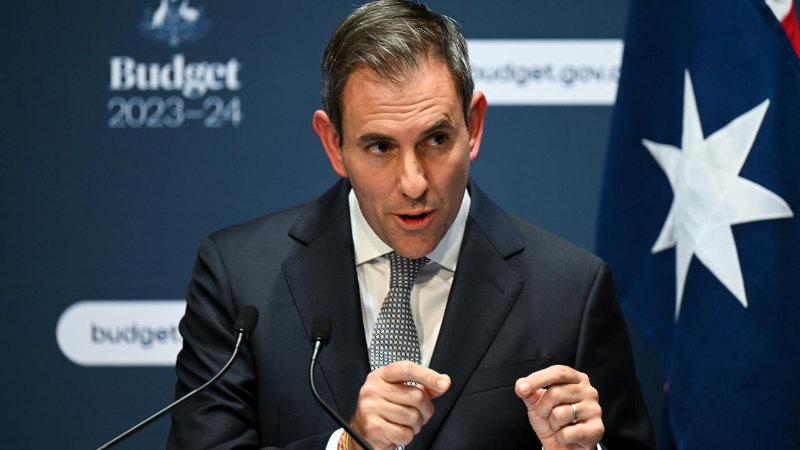There may well be $5B for the Budget, and a fix for the housing crises, in shutting the Airbnb and holiday rentals tax rort. Tim Evans runs the numbers.
As a follow up to the article “Here’s a fix for the housing crisis — end the great Airbnb tax rort”, published by Michael West Media on June 16, we now look at the impact on the Budget.
Australia is experiencing what is probably the worst house price and rental crisis this nation has seen in living memory.
Contributing to this crisis is the either inappropriate or wrongful claiming of up to 100% of running costs of rental holiday and Airbnb properties, including interest expenses, against the personal incomes of owners of these properties, even though the great majority of these properties are only rented out for a fraction of the year, maybe 6-8 weeks or less than 20% of the year.
the majority are only rented out for a fraction of the year, maybe 6-8 weeks or less than 20% of the year
This results in a significant disparity between the number of days the property generates income and the number of days owners of these properties claim expenses for. Owners doing this are therefore claiming a significant tax deduction against their personal income, which is unfairly borne by all taxpayers.
Why it is unfair
This cross subsidy – that is, taxpayers subsidising landlords – has the effect of holding residential rental prices up, reducing the supply of long term rental accommodation and increasing the prices of residential dwellings. It also has a significant negative impact on the Budget.
If the government were to close this loophole, what many would reasonably deem to be a “rort”, it could contribute between $2.6 billion and $5.2 billion a year to the Budget. These funds could be directed toward addressing Australia’s housing crises.
The table below shows the potential tax benefit which owners of short term rental properties are receiving, if they claim 100% of the costs for the year, even though they may only rent their property out for less than 20% of the year. The summary table below shows 3 scenarios and calculates the tax benefit to the owner of the holiday rental/Airbnb property:
The size of the tax benefit
From the above table, we take the tax benefit generated for the owner and look at the potential impact on the Budget based on the assumption that there are 251,000 short term rental properties in Australia. Once again, we look at three scenarios, based on 100%, 75% and 50% of short term properties claiming the full tax benefit.
The size of the Budget impact
From the above table, even if only 50% of short term rental property owners were to be claiming the full tax deduction on their short-term holiday rental/Airbnb property, there would be a potential $2.6 billion per annum negative impact on the Budget. This increases to nearly $4 billion per annum if 75% of owners are claiming the full tax benefit, and more than $5.2 billion per annum if 100% of owners are claiming the benefit.
If these funds were directed into the Budget, it would give the government considerable additional resources to address the rental housing shortage. It would also go a long way to helping with the present rental housing crisis in Australia.
Here’s a fix for the housing crisis — end the great Airbnb tax rort
Tim Evans has a Bachelor of Business and a Masters in Finance. He worked majority of his life in finance and accounting and is now retired.



